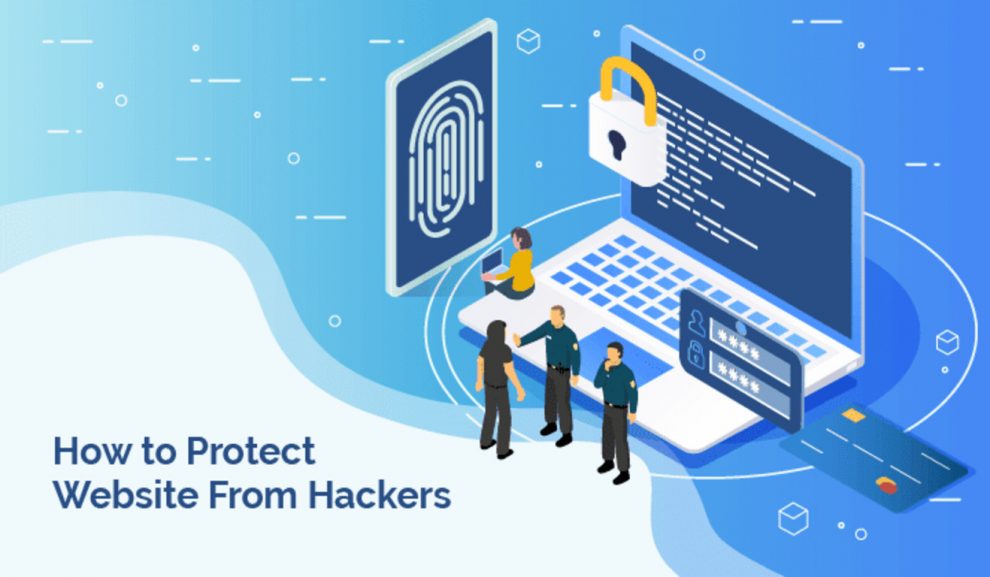PHP is a lightweight and powerful backend programming language. As per records more than 80% of the global web applications are supported by PHP, making it the most popular languages in the development world.
The reason behind its huge popularity and demand is its simple coding structure and developer-friendly features. A number of CMS supporting theWeb Development Company are based on the PHP language and thousands of known developers across the globe are a regular part of its community.
When PHP applications are deployed, it may come across several instances of hacking and web attacks, making data extremely vulnerable. It is one of the most challenging task for the developers to maintain website security and build a completely secure application.
Despite their best efforts, hidden loopholes triggers serious troubles that go unnoticed during the web application development. These loopholes compromise the website protection, leaving them vulnerable for hacking attacks.
So, this blog is all about major PHP security tips that can be implemented wisely in the projects. Using these tips, it is easy to ensure that your application always remain secure and never gets compromised by any external attacks.
Tips to Secure PHP Website from Cyber-Attacks
1. Prevent SQL-Injection
The database is the most liked components of an application targeted by hackers using SQL injection attack. In this attack the hacker uses a URL parameters to get database access. The attack can be executed using web form fields as well, where data is altered through queries. By altering queries, the hacker get database control and can perform numerous disastrous manipulations. To prevent SQL injection attacks, it is always recommended to use parameterized queries. These queries substitute the arguments before running the SQL query, thus avoiding any chance of SQL injection attack. This helps to secure your SQL queries as well as makes them structured for proper processing.
2. Integrate SSL Certificates
To perform secured data transmission over the internet, make sure to use SSL certificates in your web applications. It is a standard protocol known as Hypertext Transfer Protocol (HTTPS) to share data between the servers in a secure manner. Using an SSL certificate, a website gets the secure data transfer, which almost makes it impossible for hackers to breach on your servers. All the renowned web browsers including Google Chrome, Firefox, Opera, Safari, and many more recommend using an SSL certificate, as it offers an encrypted protocol to send, receive, and decrypt data.
3. Hide Files from the Browser
PHP framework is comprised of a specific directory structure, which ensures the storage of important files including controllers, models, and configuration file. Usually, these files aren’t browser processed, still they are seen in the browser for a longer period, causing a security breach for the web application. Thus, always store your files in a public folder, instead of keeping them in the root directory. This will make them less accessible in the browser and ultimately hide the functionalities from any possible attack.
4. Prevent Session Hijacking
Session hijacking is an attack performed to steal session ID to gain access to a particular account. Using session ID, the hacker simply activate the session by sending a request to the server, where it validates its uptime without informing the website admin. It can be executed using an XSS attack where the session data is stored.
To avoid session hijacking, simply bind your sessions to the actual IP address. This approach helps to deactivate sessions whenever any violation happens, immediately informing you about outsider trying to access session to get the access control of the application. And always remember, never expose IDs under any scenarios, as it can compromise your identity with another attack.
Conclusion:
PHP applications are always vulnerable to external threats, but using the tips discussed above, it becomes simple to secure the application from any malicious attack. Being a developer, it becomes crucial to protect the website data and make it error-free. Apart from these tips, several techniques are present to secure your web application from external threats, like using a reliable cloud hosting solution that ensures optimum security features, document root setup, and whitelisting IP addresses.
Author Bio:
Chandan Kumar is working with a top-rated Web Development Company as a senior research analyst. With years of experience and expertise in mobile app industry, you can avail latest information on latest technologies. Stay connected for more posts in future and comments us for improvements.











Add Comment